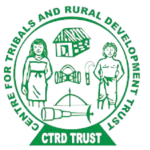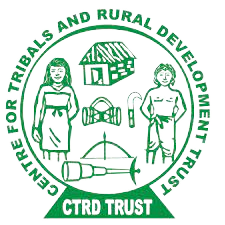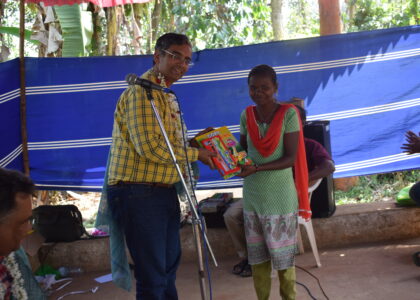Project details

Energy is essential for human development, but many Adivasi communities in the Nilgiri region lack access to clean and sustainable energy sources. They rely on firewood for cooking and purifying water, which causes deforestation, greenhouse gas emissions, and health problems. To address this issue, CTRD Trust, has partnered with various organizations such as ACF, UNDP/GEF SGP, the Local District Administration, and the Airbus Corporate Foundation to implement a project that promotes renewable energy through biogas units. A biogas unit works by turning animal dung into methane, which is used to fuel cooking stoves in tribal homes. These cooking stoves provide each family with four hours of cooking time per day and replaces smoky open fires which pose both a health and safety risk.
A biogas unit consists of a digester with a metallic dome lid which acts as a gas holder. In each biogas unit a fermentation process under anaerobic conditions generates biogas of the biomass from the animal dung. The gas is collected and then piped at a constant pressure to the cooking stoves.
Environmental-friendly Side Benefit
Without Biogas Units (and open fire wood cooking) tribal family have to use 30 kg of firewood per day for cooking and purifying water, which contributes significantly to deforestation. In the first phase of the Biogas Project nearly 580 mts of firewood were saved and nearly 1043 mts of CO2 emissions were reduced until 2017.
our main goals
The project started in its first phase in 2010 and run until 2017 with support of ACF, UNDP/GEF SGP and the Local District Administration. Due to the long-term and sustainable success it provides, a second phase followed from 2018 in cooperation with the Airbus Corporate Foundation (until…). At present, 50 biogas units have been installed, 100 cowsheds and 100 cows were provided to the communities and trainings were conducted to maintain and handle the biogas units. The cows provide not only the dung needed for each Biogas unit, but also milk and calves which can be sold on local markets and an oversupply of dung can serve as fertilizer for the fields. Nearly 250 households are partnering in the program in 27 villages and in them nearly 65 women Self-help groups (SHGs) have been promoted with nearly 700 plus women members. All these efforts enhanced the incomes and living standards of tribal and marginalized communities whilst directly reducing the destroying impact these communities did have on the environment. Due to having biogas, no wood needs to be taken out of the forest and no smoke in the kitchen affects the health of the people in the villages anymore. Moreover, the biogas project has the biggest impact upon tribal women as the tasks of collecting firewood, cooking and cleaning are traditionally conducted by tribal women.
- provide biogas units to Adivasi families in villages
- provide cows and cowsheds to the beneficiaries
- train the beneficiaries on how to maintain and operate the biogas units
- reduce the use of firewood and the emission of greenhouse gases
- improve the soil fertility and crop productivity of the Adivasi fields
- increase the income and living standards of the Adivasi communities
In cooperation with

- Topic: Energy
- location: Nilgiris
Support our initiative to uplift Adivasi tea farmers by promoting sustainable and organic Green Tea cultivation.
more Projects
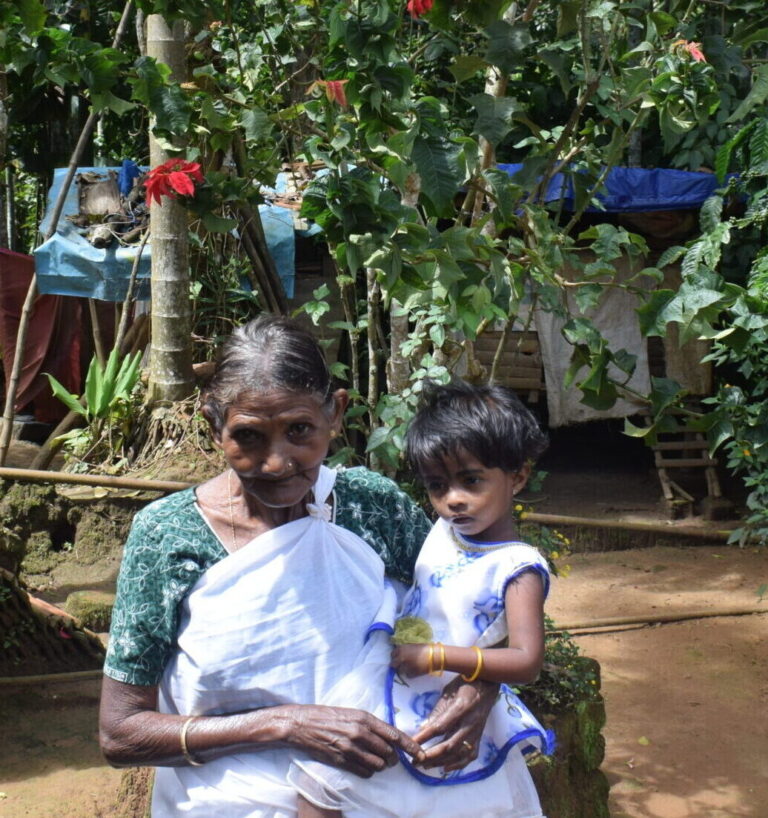
Kitchen Garden Project
supporting the communities in the establishment of organic kitchen gardens
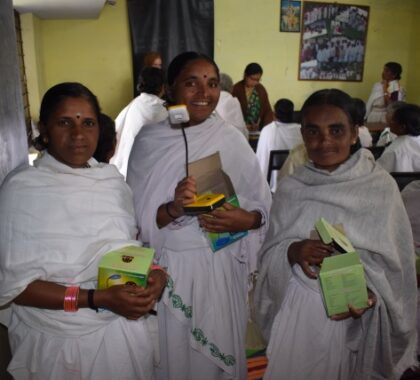
Solar Lightning Project
provide access to education and electricity for the tribal children.
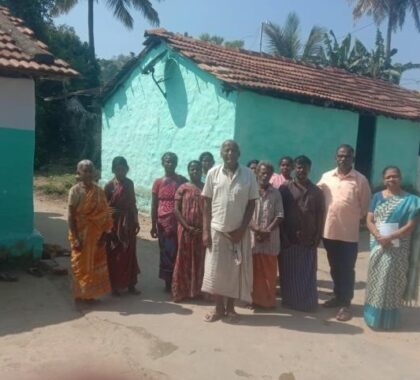
Palamalai Tribal Developement Project
enhance the living conditions the Palamalai tribal community
